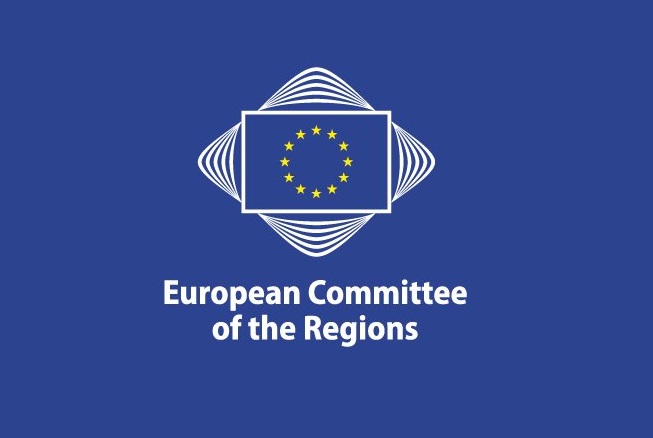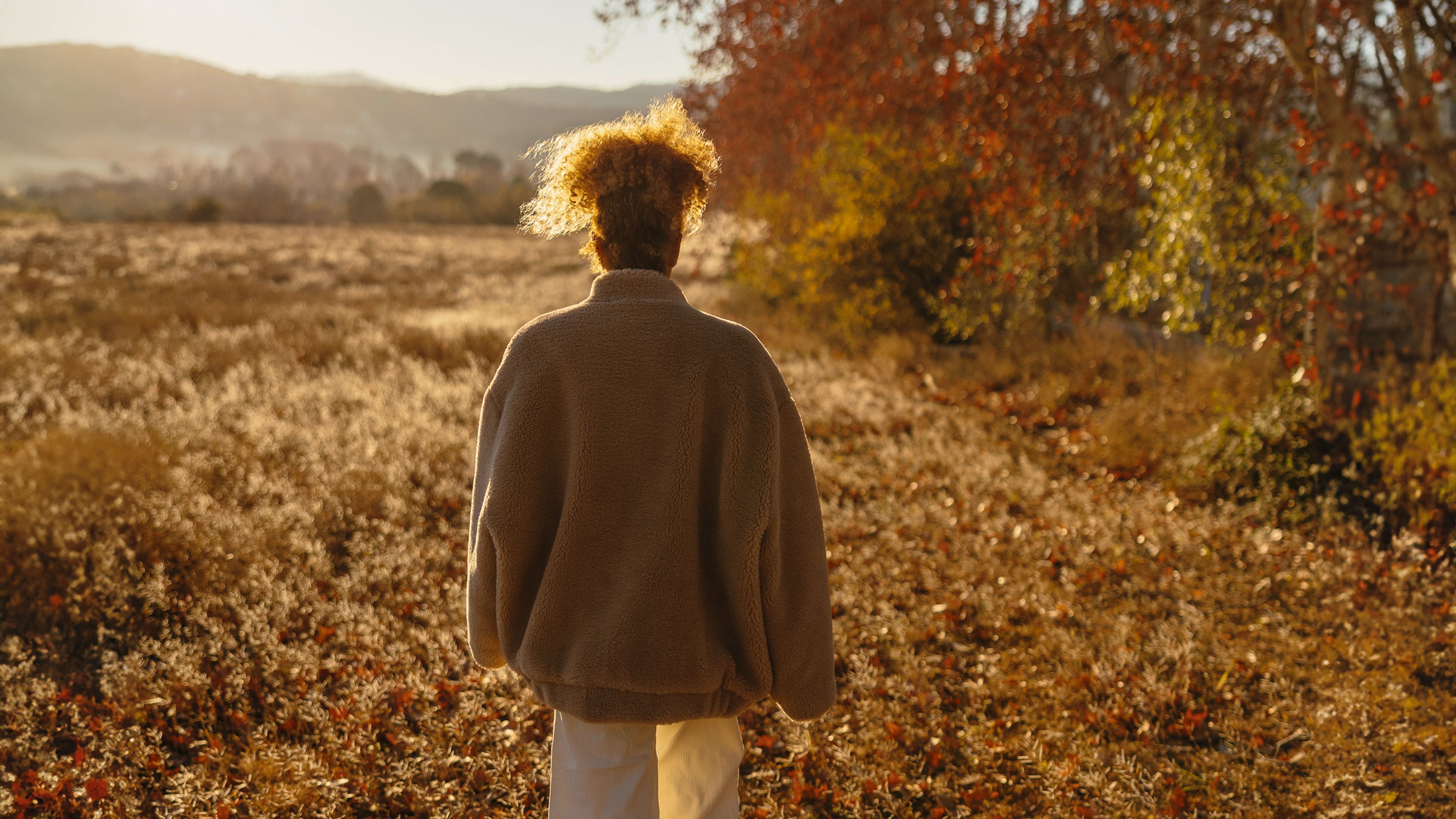Covid cases are surging again—here's what to expect this summer, experts say
With Covid cases surging again, CNBC Make It spoke with several infectious disease expects about what Americans can expect this summer. Here's what they said.

It's almost June, and Covid cases are surging again — powered by a rising tide of omicron subvariants currently circulating the U.S.
The country's seven-day average of daily new Covid cases has ballooned above 100,000 as of Friday, according to the Centers for Disease Control and Prevention. That's more than three times higher than this time a year ago. And while hospitalizations have remained relatively low during the current wave, some infectious disease experts say the virus' unpredictable nature could lead to a fickle Covid summer.
"I have no idea," Dr. Bruce Hirsch, an infectious disease specialist at Northwell Health, tells CNBC Make It. "But I think things are going to get worse, and then they're going to better again."
The recent uptick is due to at least four highly infectious subvariants of Covid's omicron variant, all hitting the U.S. after many of the country's pandemic restrictions were lifted. Hirsch says he's hopeful that cases will hit a low point in July and August, an ideal time for many Americans — especially those who face the highest risk of severe Covid infections — to take vacations.
But that's no guarantee. Warmer weather and people spending more time outdoors, where transmission rates tend to be lower, can only do so much heavy lifting against the rise of new subvariants, waning immunity since vaccination or infection and the lifting of mask-wearing, says Dr. Timothy Brewer, a professor of medicine in the division of infectious diseases at the David Geffen School of Medicine at UCLA.
Also, Brewer says, vaccination rates have lagged since the arrival of Covid booster shots, which are proven to be effective in preventing hospitalizations. "[O]nly about 50% of eligible adults have received a single booster, and less than 20% have received a second booster. Sixty-six percent are fully vaccinated," he says.
Brewer roughly agrees with Hirsch's projection: Assuming a new, more transmissible variant doesn't soon arise, Covid cases should drop somewhat during the summer and start rising again as children return to school and the weather gets colder again, he says. Local surges could still happen, as people travel between areas with higher and lower rates of Covid infections — much like Los Angeles's summer surge last August, for example.
Such summer surges will hopefully be much less severe this year, because many more people now carry some form of vaccine- or infection-induced immunity, says Dr. Dan Barouch, director of the Center for Virology and Vaccine Research at Boston-based Beth Israel Deaconess Medical Center. Still, Barouch says, it's hard to project exactly what'll happen.
"The virus has proven very unpredictable," he notes.
Omicron-specific vaccines — which are currently in development by Pfizer and Moderna — could potentially help limit the rate of infections. But clinical data on the relative benefits of variant-specific vaccines, compared to today's Covid vaccines, is still pending, Barouch says.
If omicron-specific vaccines prove useful, they'll likely be available by fall 2022. In the meantime, Brewer recommends that if you haven't gotten vaccinated or boosted yet, do so before traveling this summer. He also advises N95 respirators or well-fitted surgical masks on public transportation and indoor public spaces, even though the U.S. no longer has a federal mask mandate.
And if you're over age 50 or immunocompromised, and you received your first booster shot at least four months ago, you "should consider getting a second booster," Brewer says.
Don't miss:
Doctors say these pandemic side effects are serious problems—and unlikely ‘to go away anytime soon’

 JaneWalter
JaneWalter 
































